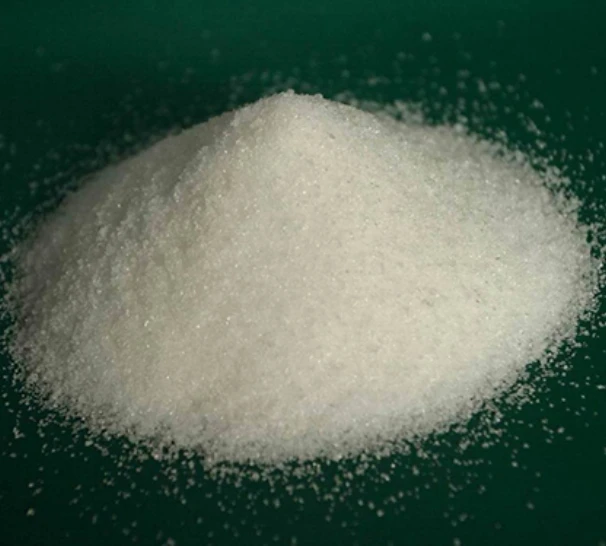Understanding the Role of Flocculants in Water Treatment and Their Chemical Composition
Flocculation Chemicals Understanding Their Role and Mechanisms
Flocculation is a crucial process in various industries, including water treatment, mining, and wastewater management, where it is essential for the aggregation of fine particulates into larger clusters or flocs. This process not only facilitates the removal of suspended solids but also improves the clarity and quality of water. At the heart of this process are flocculation chemicals, which are agents used to enhance the flocculation process.
Flocculation chemicals can be broadly categorized into two main types inorganic and organic flocculants. Inorganic flocculants, such as aluminum sulfate and ferric chloride, have been widely used for decades due to their effectiveness in destabilizing colloids. They achieve this by neutralizing the charge on suspended particles, allowing them to come together and form larger aggregates. These larger particles are then easier to remove by sedimentation or filtration processes.
Organic flocculants, on the other hand, are synthetic polymer-based chemicals designed to provide more efficient flocculation, especially in challenging conditions. These polyacrylamides and other synthetic polymers operate through various mechanisms, including charge neutralization and bridging, where the long chains of the polymer entrap suspended particles, forming larger flocs. This can significantly enhance the settling rates of solid particles and improve the overall efficiency of the treatment process.
flocculation chemicals

The selection of appropriate flocculation chemicals is critical for optimizing treatment processes
. Factors such as the size and composition of the particles, the pH of the water, and the presence of other substances need to be considered to achieve optimal flocculation. For instance, in municipal wastewater treatment, the presence of organic matter and other contaminants can affect the performance of flocculants. Therefore, a combination of different flocculation chemicals may be used to achieve the desired results.Moreover, advancements in flocculation chemistry are leading to the development of more environmentally friendly options. Biodegradable flocculants and natural coagulants, such as those derived from plants, are emerging as alternatives to traditional synthetic products. These eco-friendly options not only reduce the environmental impact of wastewater treatment but also offer effective solutions for a variety of applications.
Aside from water and wastewater treatment, flocculation chemicals play a significant role in the mining industry, where they are used to separate valuable minerals from ore. In this context, flocculants improve the efficiency of the separation process by ensuring that fine particles coalesce and settle, thereby facilitating the extraction of desired materials.
In conclusion, flocculation chemicals are indispensable tools in various industries that require the removal of suspended solids. Their effectiveness in aggregating fine particles and promoting sedimentation not only enhances process efficiency but also contributes to environmental sustainability. With ongoing research and development in this field, the future of flocculation chemicals looks promising, paving the way for safer and more effective applications in both industrial and environmental settings. As industries continue to adopt more sustainable practices, the role of flocculation chemicals will undoubtedly evolve, emphasizing the importance of innovation in water treatment and resource recovery processes.
-
Water Treatment with Flocculant Water TreatmentNewsJun.12,2025
-
Polymaleic AnhydrideNewsJun.12,2025
-
Polyaspartic AcidNewsJun.12,2025
-
Enhance Industrial Processes with IsothiazolinonesNewsJun.12,2025
-
Enhance Industrial Processes with PBTCA SolutionsNewsJun.12,2025
-
Dodecyldimethylbenzylammonium Chloride SolutionsNewsJun.12,2025





